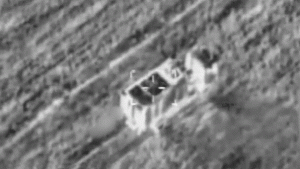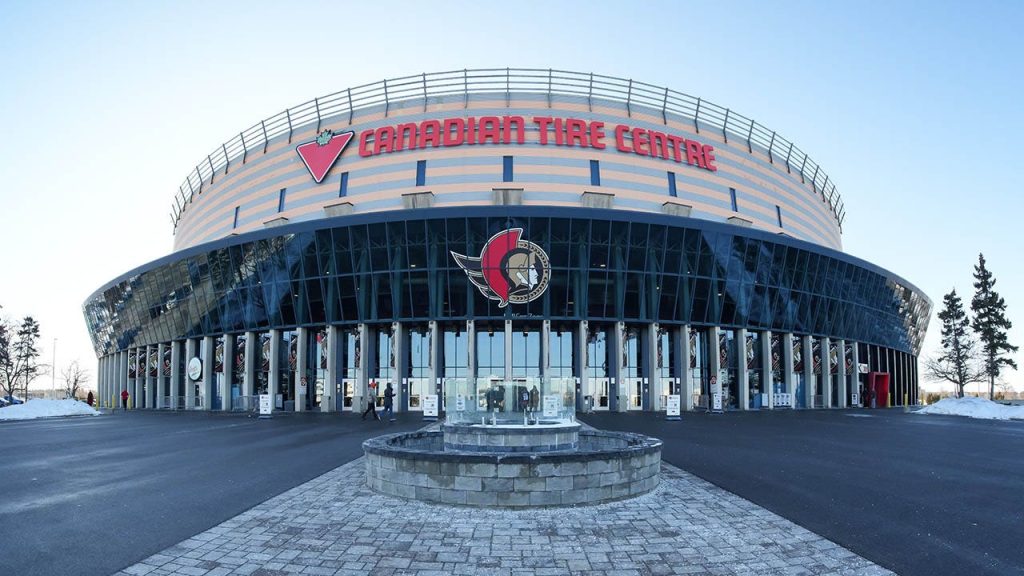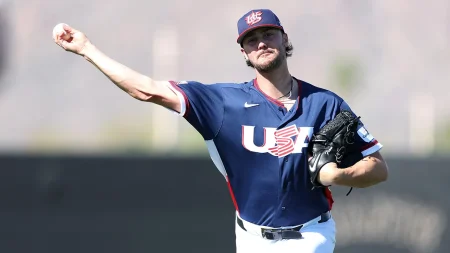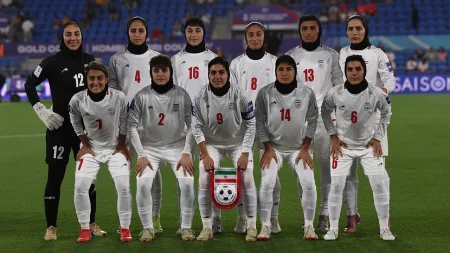The booing of the American national anthem at a recent NHL game between the Ottawa Senators and the Minnesota Wild reflects a complex tapestry of political and economic tensions simmering between the United States and Canada. While the playing of both national anthems before sporting events featuring teams from the two countries is a longstanding tradition, the Ottawa crowd’s reaction to “The Star-Spangled Banner” on this particular occasion transcended mere sporting rivalry. It served as an audible expression of disapproval directed at the current US administration and its policies impacting Canada. The incident unfolded against the backdrop of newly imposed tariffs by the US on Canadian and Mexican imports, further exacerbating cross-border relations and adding fuel to the simmering discontent.
The timing of the booing, coinciding with President Trump’s executive order imposing tariffs, underscores the direct link between political decisions and public sentiment. The tariffs, targeting steel and aluminum imports, were justified by the Trump administration as necessary measures to protect American national security interests. However, the move was met with sharp criticism from Canada, which views the tariffs as unfair and harmful to its economy. The booing in Ottawa can be interpreted as a public manifestation of this disapproval, with Canadian hockey fans using the sporting arena as a platform to voice their displeasure with the US government’s actions. This incident highlights how sporting events can become intertwined with political discourse, serving as a barometer of public opinion and a stage for expressing nationalistic sentiments.
Beyond the immediate context of the tariffs, the booing also resonates with a broader history of complex and occasionally strained relations between the US and Canada. Despite being close allies and trading partners, the two countries have experienced periods of friction over various issues, including trade disputes, environmental policy, and cultural differences. These underlying tensions create a fertile ground for public expressions of dissent, such as the booing of the national anthem. The incident serves as a reminder that even within the framework of a close alliance, disagreements can arise and public opinion can be volatile, particularly when national interests are perceived to be at stake.
The crowd’s reaction also reflects the unique role that hockey plays in Canadian national identity. Considered the country’s national sport, hockey evokes strong emotions and a sense of collective pride. In this context, the booing can be seen as an expression of national solidarity against what is perceived as an unjust action by a close neighbor. The sporting arena becomes a symbolic space where national identity is affirmed and grievances against perceived external threats are aired. The incident underscores the potent mix of sports, nationalism, and political expression, demonstrating how seemingly innocuous sporting events can become charged with political meaning.
The long layover for the Senators before their next home game, due to the 4 Nations tournament, adds another layer of complexity to the situation. The tournament, featuring both the US and Canadian national teams, provides another potential flashpoint for nationalistic sentiments and provides a platform for further expression of the simmering tensions between the two countries. The break in the NHL schedule, while coincidental, offers a period of reflection and anticipation for both sides, as the political and economic backdrop continues to influence the sporting landscape.
In conclusion, the booing of the American national anthem in Ottawa reveals the intricate interplay between sports, politics, and national identity. While ostensibly occurring within the confines of a hockey game, the incident transcends the realm of sports, serving as a public manifestation of the ongoing tensions between the US and Canada. The booing reflects not only immediate concerns regarding tariffs but also deeper historical complexities and the potent symbolism of hockey within Canadian culture. The upcoming 4 Nations tournament further amplifies the potential for nationalistic sentiments to be expressed, highlighting the intertwined nature of sports and politics in the context of international relations.














